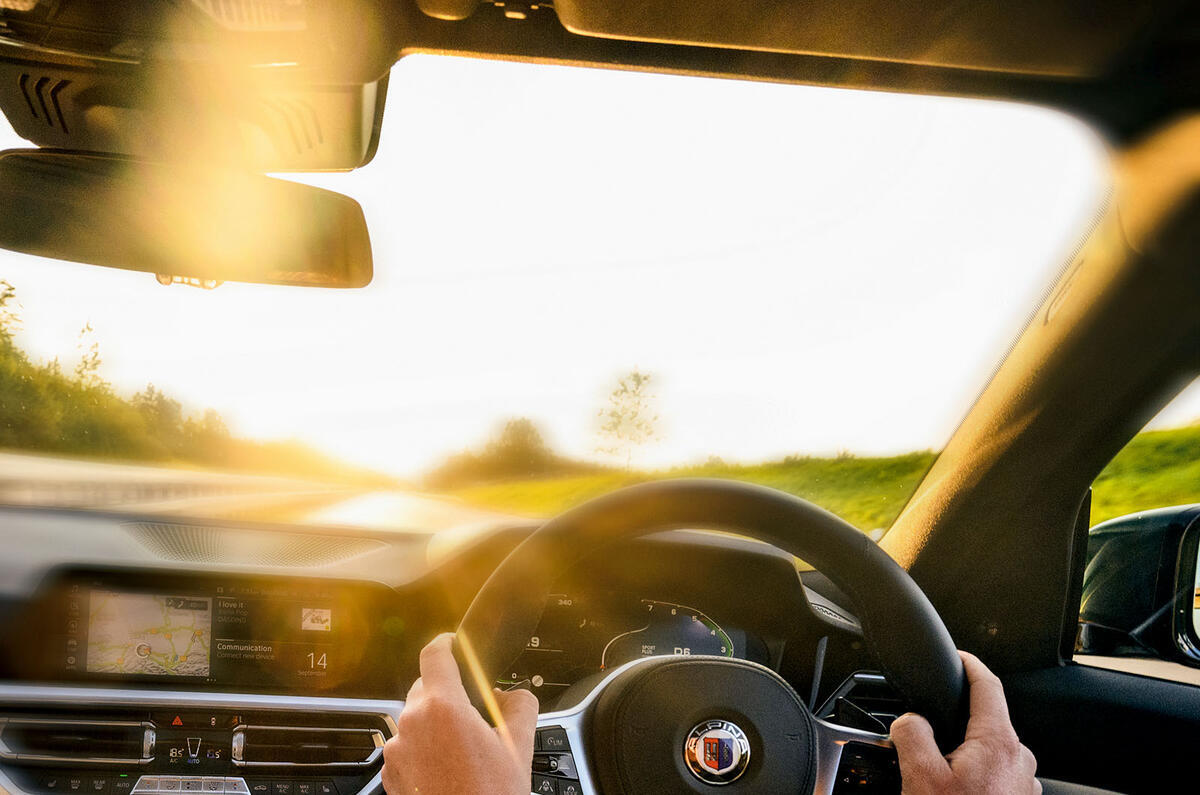The UK government is poised to introduce mandatory eye tests for drivers aged above 70 as part of the first official road safety strategy in more than a decade.
Under a proposal reported by the BBC and several national newspapers, over-70s would be required to undertake an eye test when they renew their licence every three years.
Currently they are allowed to self-report the quality of their eyesight when renewing their licences.
The government is also considering reducing drink-driving limits across the UK to the level permitted in Scotland – from 35µg per 100ml of breath to 22µg – and allowing roadside drug swabs to be used as evidence to prosecute drivers caught under the influence.
Drivers could also face penalty points on their licences if caught carrying a passenger who is not wearing a seatbelt.
However, it has ruled out the controversial ‘graduated licence’, which would place curfews and other limits on the freedoms of new and young drivers, the BBC reported.
The proposals remain part of a consultation, it added, with justice minister Alex Davies-Jones telling BBC Breakfast that the government “will keep everything under review”.
Should they pass the consultation stage, it would mark the biggest change to the UK’s road safety laws “for decades”, Davies-Jones added.
An unnamed government source cited by the BBC and The Guardian said the new strategy is aimed at “protecting road users” and “restoring order to our roads”.
The changes no doubt come as a response to the plateau in annual numbers of serious injuries and deaths on the road in recent years.
According to provisional figures recently published by the government, 29,537 people were seriously injured or killed in road collisions in the UK last year – “little change” compared with 2023. Fatalities were up by 1% to 1633.
Compared with figures from 2014, incidences of serious injury or death were down 14%, while fatalities fell 8%.







Join the debate
Add your comment
"An unnamed government source cited by the BBC and The Guardian said the new strategy is aimed at “protecting road users” and “restoring order to our roads”."Really, why not tackle the existing anarchy with existing laws first; Middle lane hogs, delinquent vehicle positioning / failing to keep left etc. Use of lights, indicators fog lights, Illegal dangerous parking (within 10m of junctions at night, on pavements obstructing pedestrian), obstructing safe lines of sight e.g. on bends), stopping in yellow hatched junctions (even dumb cameras could do that) etc. All these would be useful and safety beificial. Why ponse arround introducing new legislation when they can't / don't bother to enforce the exising. Hardly garnering trust or respect.
I recall various members of our family all being driven by our grandad and all saying we'd worn out the passenger carpet by emergency braking. He eventually listened and stopped driving and did indeed have cataracts.
And your average druggy trash will do the same if they can get done at the roadside rather than back at the nick.
Words fail.
I suppose a small percentage will see the light and moderate,but the hardened drinker will still drive pissed, if the Alco lock had perfected and mandatorily fitted to all vehicles then I think that would have more effect, 8 don't care about if the actual person who has been drinking isn't driving, if it saves lives then good, going out at the weekend? hire a Taxi.